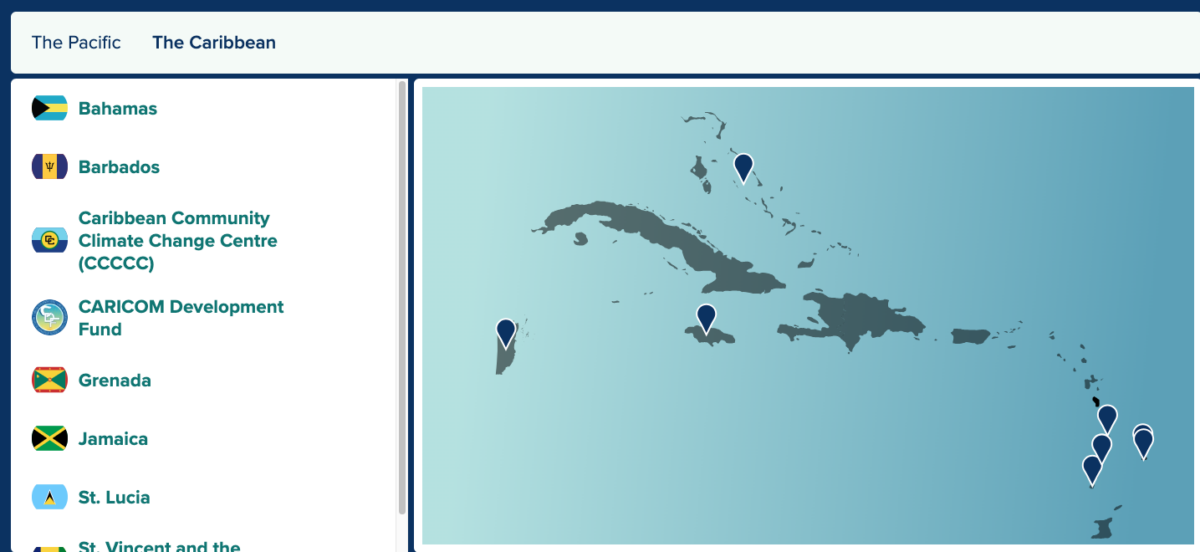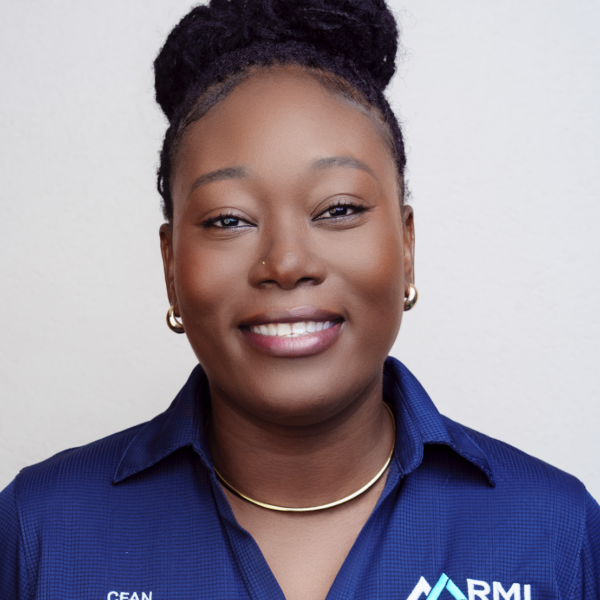Training 2024
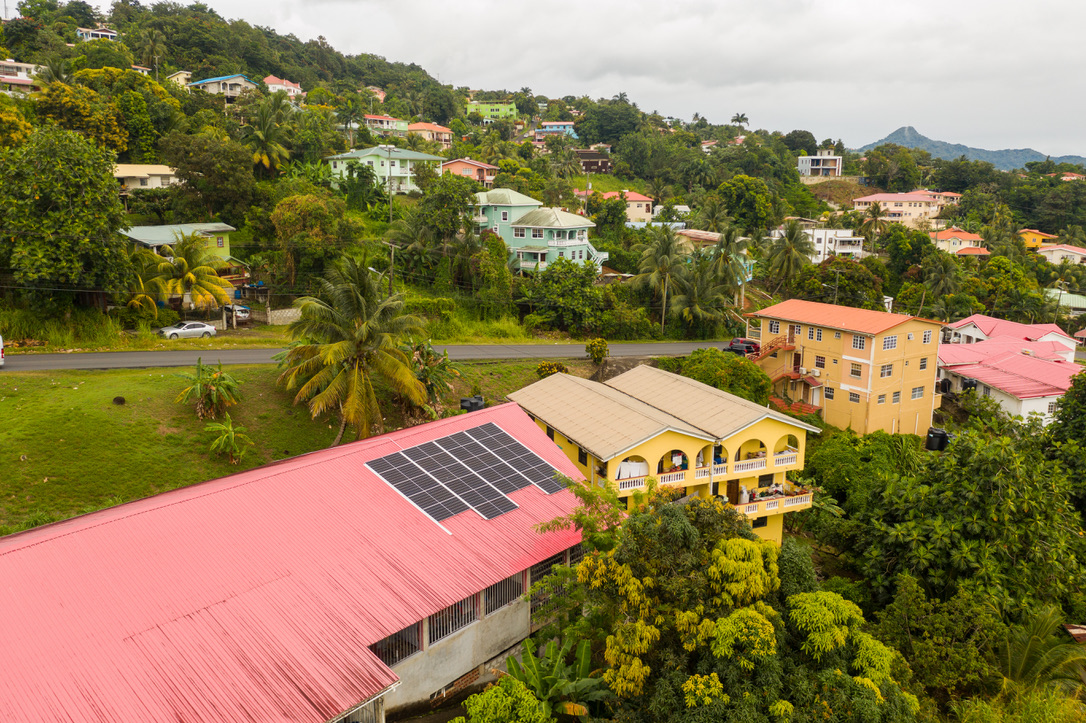
From the Pacific to the Caribbean
The CFAN training program has always been an integral part of what makes the network unique and that ensures the delivery of lasting and ongoing expert support on climate finance. The in-depth, multi–month curriculum has been designed as a direct response to countries’ needs and priorities, aiming to provide comprehensive, practical support to guide the preparation of bankable climate finance projects. The first iteration of the advisor training program launched in February 2022 with our inaugural cohort in the Pacific.
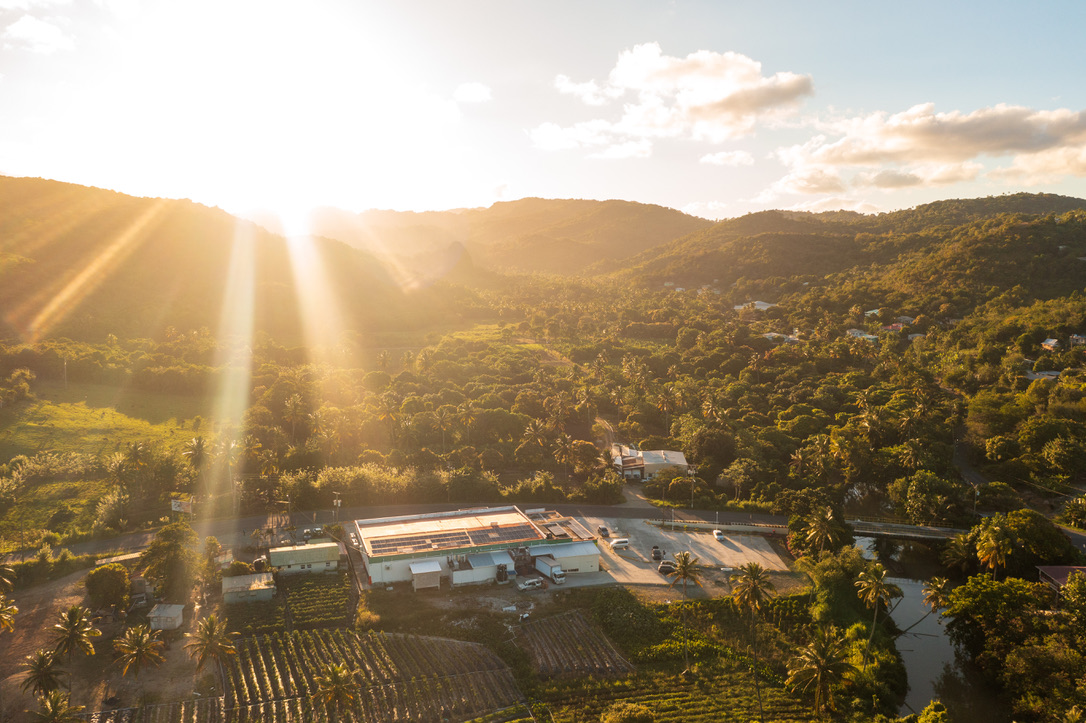
Into the Caribbean
Building on the success of CFAN in the Pacific, the program is expanding its reach into the Caribbean and has locally recruited and hired advisors to support the countries of Barbados, Grenada, Jamaica, Saint Vincent and the Grenadines, and Saint Lucia; an additional two will be embedded in regional Direct Access Entities (DAEs) the CARICOM Development Fund and The Caribbean Community Climate Change Centre. They will be joined by colleagues from these countries and organization: 52 civil servants and DAE staff, making this the largest collective training CFAN has ever hosted.
This diverse group of individuals, representing key players in the Caribbean climate finance ecosystem, comprises the largest ever regional, multi-month training on climate finance. Because CFAN is designed to serve the communities in which it operates and pass along lasting expert training, this convening – which blends live and asynchronous learning – is tailored for practical, applicable, and actionable use by local practitioners.
Meet Our Advisors
-
Nathale Clarke
CFAN Advisor to Grenada
-
Nicholas Fields
CFAN Advisor to the CARICOM Development Fund
-
Nyasha Hamilton
Advisor to St Vincent and the Grenadines (SVG)
-
Shalenie Madho
CFAN Advisor to Jamaica
-
Chemora Mc Knee
CFAN Advisor to Barbados
-
Rowena Tolentino
CFAN Advisor to Bahamas
Testimonials
“Access to climate finance is a national imperative for Saint Lucia. It should not be something that is done on the side, rather it should be centered in our national planning process. It’s important to have dedicated resources that focuses on mobilizing finance so that it can be done in a meaningful, effective and intentional way.
We know what it is to live in an ever-changing climate and the impact it’s having on our livelihoods. Having someone committed to meeting that challenge, who understands our national context and can translate our needs to meet the requirements of the funding agencies is beneficial. And that’s where our CFAN advisor comes in.”
– Nadia Wells Hyacinth, Chief Economist, Saint Lucia

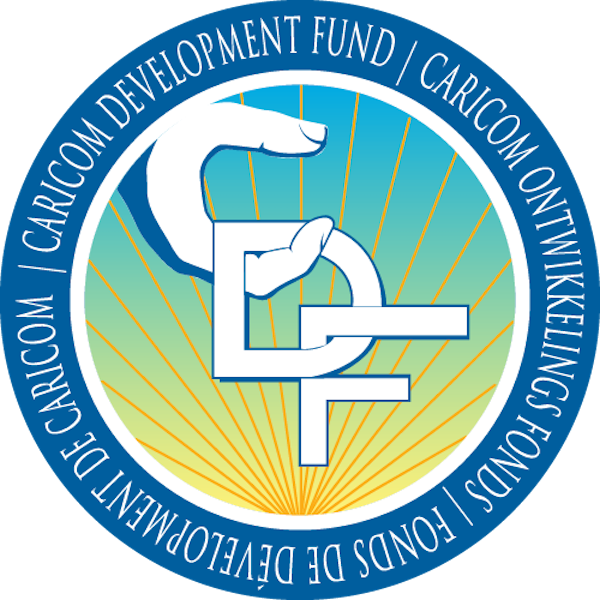
“This training will be of tremendous value to the human resource development of CARICOM Development Fund (CDF) staff in creating a targeted and sustainable level of technical assistance to be offered to Member States.
We applaud CFAN for bringing this initiative to the Caribbean region and in so doing creating a cohort of appropriately trained and skilled individuals and by extension regional entities that can take advantage of the pool of financial resources offered by Development Partners for the benefit of the region’s climate action initiatives.”
– Mr. Rodinald Soomer, Chief Executive Officer of the CARICOM Development Fund
Continued Learning
The training program is constantly evolving. Alex Milano, who has led the design and implementation of the program since the beginning, says, “We treat our training as a living curriculum and constantly update it to reflect developments in the climate finance space, country programming and our advisors’ evolving needs. Since its launch in 2022, we have added considerable content. This includes the development of a sub-module on gender-responsive project design, the re-design of our project finance module to include further content on multilateral finance, and a plethora of updates to reflect key changes, decisions and developments in the climate finance space. A Caribbean tailored module on communication and facilitation is under development, and CFAN is preparing to add another sub-module on blended finance.”
Additionally, CFAN has emphasized the inclusion of more regional voices in its training. Live sessions led by key regional stakeholders ensure that the training is regionally relevant, inclusive of regional experiences and best practices and provides advisors an opportunity to engage with colleagues and organizations who may shape their work. The topics of live sessions are informed by CFAN’s experience implementing its first cohort and advisor priorities. Live sessions remain a key tool for responding the needs of CFAN’s advisors.
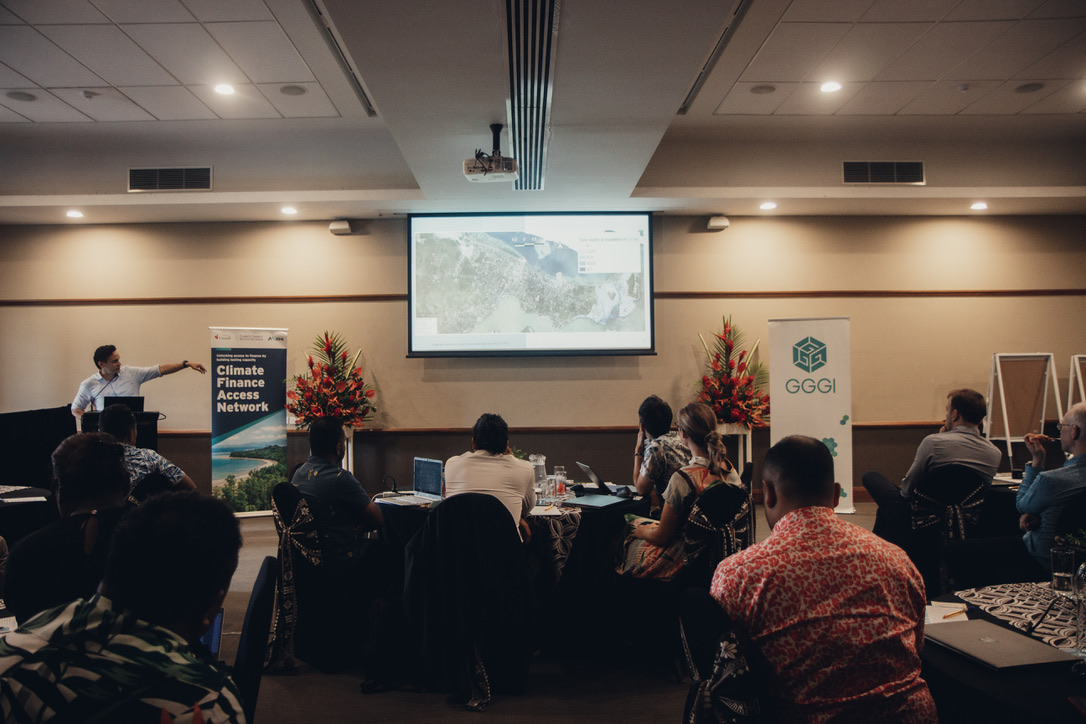
Members of the first Pacific cohort gather for in-person training
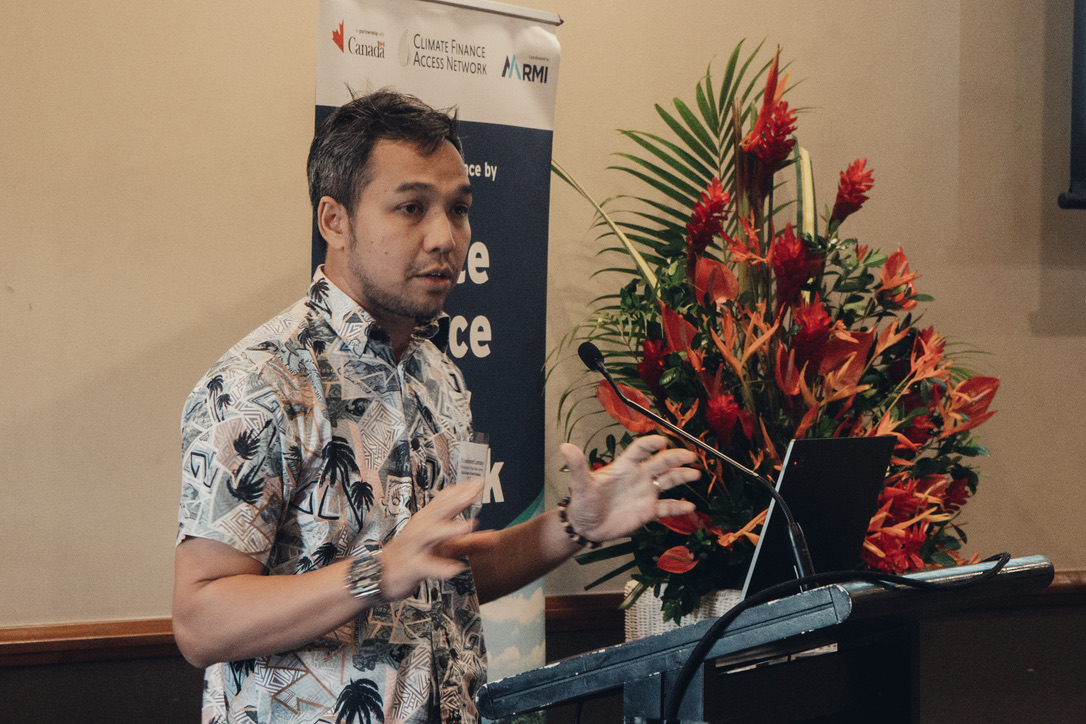
Training in Practice
In 2023, Papua New Guinea’s Climate Change Development Authority (CCDA) requested training on climate finance fundamentals in response to a needs survey conducted by CFAN advisor to PNG Phonesavanh ‘Ki’ Latmany. To address this critical knowledge gap, Ki designed a two-day workshop with sections structured around climate finance foundations and landscape, climate finance sources and funders’ priorities, the project design process, financial instruments, and gender and social safeguards. Having been trained himself in administering these sorts of sessions, Ki undertook various approaches to foster discussion, learning, and knowledge sharing including group presentations, group discussions, hands-on activities, panel discussions, case study and scenario activities, and question & answer sessions.
This is precisely the sort of exercise that CFAN was designed to cultivate, and the knowledge CFAN advisors will continue to share.

